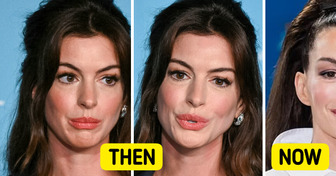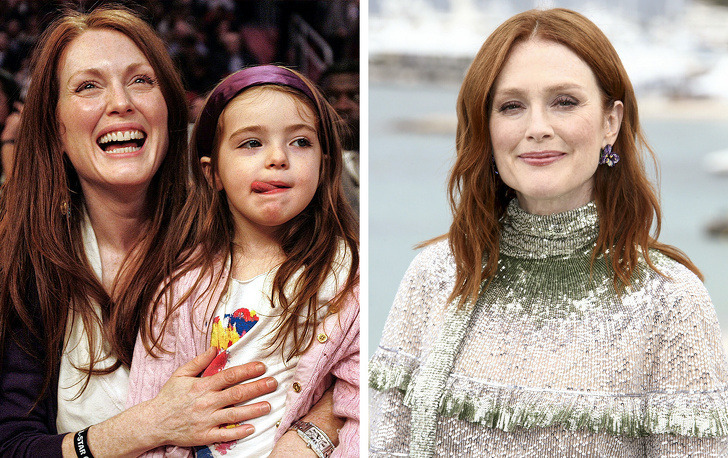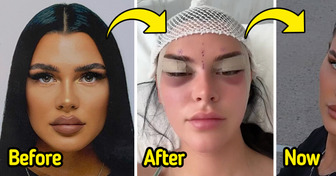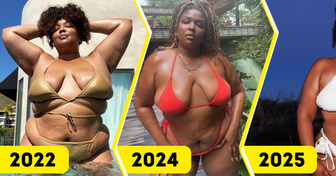Anne Hathaway Looks Totally Different — And Fans Can’t Agree How to Feel

Changing decades is always a new curve point in people’s lives and entering your 40s can seem a bit scary. However, people who are in that age group have nothing but positives to say about this time in their lives. Yes, maybe some health issues might be arriving, but they are also feeling more confident and worry less about what people say about them. They also have a chance to appreciate life more and have a better picture of who they really are.
Some people can’t digest dairy products from childhood and others acquire this issue later on. Lactose intolerance usually affects African American and Asian women over 40. At this age, the level of lactase enzyme that helps digest lactose decreases.
As a result, milk can’t be digested and causes large intestine issues. If you experience this problem, drink lactose-free milk and consume probiotics.
Everybody knows how time-consuming social media can be and how easy it is to spend hours upon hours scrolling through the same few apps. People in their forties, however, tend to do that a lot less and can manage their time better and make good use of it. According to data from Pew Research Center, adults in their forties tend to use social media a lot less than younger people, and 56% of them also said that it wouldn’t be hard to give it up for good.
When we’re born, we have around 9,000 taste receptors. When we get older, the amount of these receptors reduces and we start losing some taste sensation, usually beginning with salty and sweet tastes and then bitter and sour ones. By the way, these changes occur in women earlier than in men.
Unfortunately, we can’t stop this process, but it doesn’t mean that you won’t be able to distinguish between different tastes, they’ll just be less bright.
Confidence is something a lot of us may struggle with, and it tends to happen when we’re younger and are surrounded by all kinds of different beauty or social standards. However, this research by Harvard suggests that our confidence levels approach their peak after we turn 40. This is one of the best benefits of being in your forties, as being happy with who you are should be something that happens throughout our whole lives, not just in one period of it.

Waiting to have a child until you’re ready has its benefits, even if it means you’d be in your thirties. This study, which was published in the journal, Menopause, suggests women who had their last child beyond age 33 had twice the chance of reaching their nineties compared to women who had their last child by the age of 29.
If you suffer from teeth sensitivity while you’re young, this problem may vanish when you get older. It happens because of dentin, a calcified tissue that grows as time passes. That’s why sensitivity reduces.
Nevertheless, there’s also a drawback: after these changes, there’s a chance that you won’t understand that something’s wrong with your teeth. So it’s recommended to visit a dentist on a regular basis.
Another quite important perk of being 40, if you ask us, is the ability to be more focused and able to concentrate. According to research in the journal, Psychological Science, your attention span reaches its peak when you’re around age 43. We worry less about meaningless distractions and focus more on things that matter to us, which makes us more productive.
We never stop learning and improving ourselves, even if we don’t realize it. According to data from the Bureau of Labor Statistics, older adults spend more time reading than younger people. All of that reading has many benefits for us and is directly connected to our ability to better express ourselves. This study by Harvard University and Massachusetts General Hospital suggests that people’s vocabulary constantly improves throughout their forties and is on the verge of peaking before finally hitting its limit in their sixties.
If you are over 40, have you noticed any other changes from when you were younger? And if you are under 40, do you have any worries about getting older?











